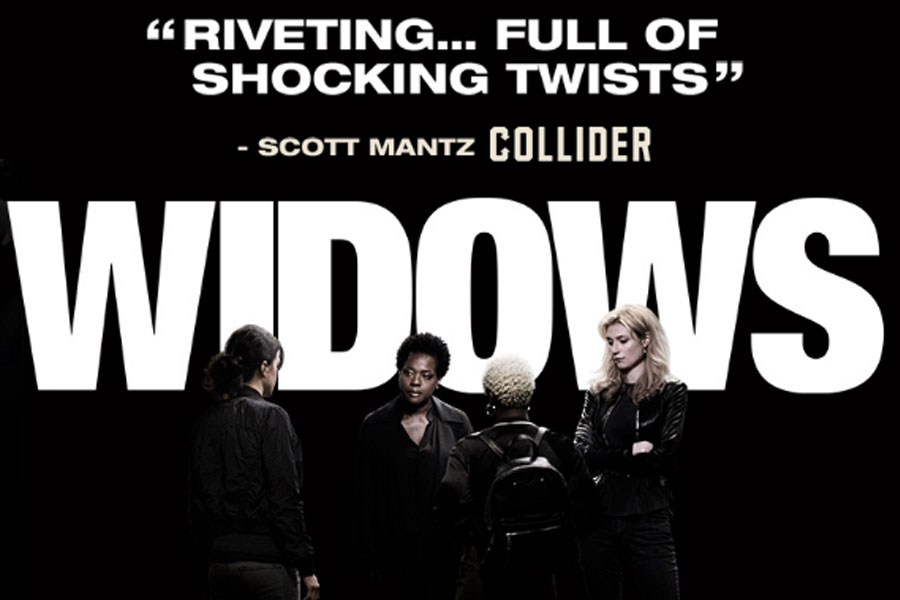
Anyone with sufficient access to an internet connection has heard of Netflix’s trippy documentary, Tiger King.
It is a strange film with strange people. Watching it is like smoking a cigarette. We know it is not good for us, and we know that we are feeding the insatiable egos of the people that are the focus of the documentary by giving them attention – the same way we are lining the pockets of the tobacco industry for our deadly addiction.
But we do it nonetheless. We are transfixed at the inanity and perversion of it all. It is the Jerry Springer Show but with tigers. It makes us feel disciplined, more in control of our basest instincts, a more productive, ethical and moral member of society. In a world where people like this exist, we think our mistakes and deviancies must be acceptable.
At the centre of the documentary is Joe Schreibvogel, better known as Joe Exotic. He is the owner of a zoo, mainly of big cats. He is also a singer, star of a web show and a gun enthusiast.
Exotic is also a magician, drug addict, onetime presidential and gubernatorial candidate, a libertarian, a homosexual and a polygamist (married to two straight men) with a deep Southern accent. In the end, he is also a felon convicted of attempted murder.
He is a deeply conflicted man who is obsessed with tigers, money, fame, drugs, sex and the financial and physical ruin of his nemesis Carole Baskin. Even more than Exotic, it is the fishy characters he has surrounded himself with that offer insight into the strangeness of the world of big cat conservation and trade in the United States.
Who is Carole Baskin?
In the beginning, she seems to be everything Exotic is not. She is an animal rights activist that abhors the monetisation of the suffering and caging of the animals. But then we gradually learn that she too keeps animals, albeit only rescued ones, and her property is open to the public like a zoo. As the series goes on, we realise that there is a thin line between what both characters do, except that Baskin does not euthanise some of her animals.
We also find out that she may have played a part in the death of her husband, whose will was mysteriously altered right before his disappearance.
There is a whole episode dedicated to this strange detour, but we largely – me at least – dismiss it as an unfortunate set of coincidences. Maybe she had something to do with his disappearance, but she could not have possibly fed him to her tigers, as Exotic claims.
But then, a couple of episodes later, she claims that “the only way to get a tiger to eat someone is to cover them in sardine oil or something,” which makes us wonder...
Exotic and Baskin are just two characters. The show is filled with players in the big cat world, almost all of whom are morally and ethically compromised.
Some are essentially cults fronting as zoos. Others keep tigers to sneak them in Las Vegas hotels to score girls.
It is thus obvious why Tiger King is so popular. It is not even that well made – tone deaf at times, overly sensationalised and disconnected. It starts an episode narrating the story of someone only to jump off to the weirdest, most suspicious person it can find.
But since the filmmakers stumbled upon something so bizarre, we do not mind the subpar storytelling. It is as if the Paranormal Activity movies were real records of ghost sightings.
Would the terrible narrative style really bother us then?
Tiger King is a reality show about people who should be fictional. It is life imitating a John Waters movie. It is explicit and trashy. In this, it serves a purpose.
But we also need to be aware of our participatory role. These are all terrible people with large egos. The more we talk about them, the more we pay attention, the more we add to their fortune.
Some of the people depicted in the show have already expressed dissatisfaction with their portrayal, but their objections are clearly disingenuous. Evidently, their businesses and causes thrive on attention, and the Netflix show was probably a boon to their bloated senses of themselves. They do not care for the animals in captivity and, sadly, neither does the show.
We have had our guilty pleasure and been given insight into an industry that most of us did not know existed in any meaningful way in United States. We have gotten what we need. It is time to disconnect before our obsession becomes the fuel that normalises such behaviour.
PUBLISHED ON
Apr 12,2020 [ VOL
21 , NO
1041]

Fortune News | Oct 19,2019

Films Review | Dec 10,2018

Fortune News | Jul 24,2021

Advertorials | Mar 06,2023

Radar | Feb 02,2019

Editorial | Jun 26,2021

Radar | Feb 12,2022

Advertorials | Jul 03,2019

Radar | Mar 19,2022

Covid-19 | Apr 17,2020

My Opinion | 131451 Views | Aug 14,2021

My Opinion | 127803 Views | Aug 21,2021

My Opinion | 125783 Views | Sep 10,2021

My Opinion | 123419 Views | Aug 07,2021

Jun 28 , 2025
Meseret Damtie, the assertive auditor general, has never been shy about naming names...

Jun 21 , 2025
A well-worn adage says, “Budget is not destiny, but it is direction.” Examining t...

Jun 14 , 2025
Yet again, the Horn of Africa is bracing for trouble. A region already frayed by wars...

Jun 7 , 2025
Few promises shine brighter in Addis Abeba than the pledge of a roof for every family...

Jun 29 , 2025
Addis Abeba's first rains have coincided with a sweeping rise in private school tuition, prompting the city's education...

Jun 29 , 2025 . By BEZAWIT HULUAGER
Central Bank Governor Mamo Mihretu claimed a bold reconfiguration of monetary policy...

Jun 29 , 2025 . By BEZAWIT HULUAGER
The federal government is betting on a sweeping overhaul of the driver licensing regi...

Jun 29 , 2025 . By NAHOM AYELE
Gadaa Bank has listed 1.2 million shares on the Ethiopian Securities Exchange (ESX),...